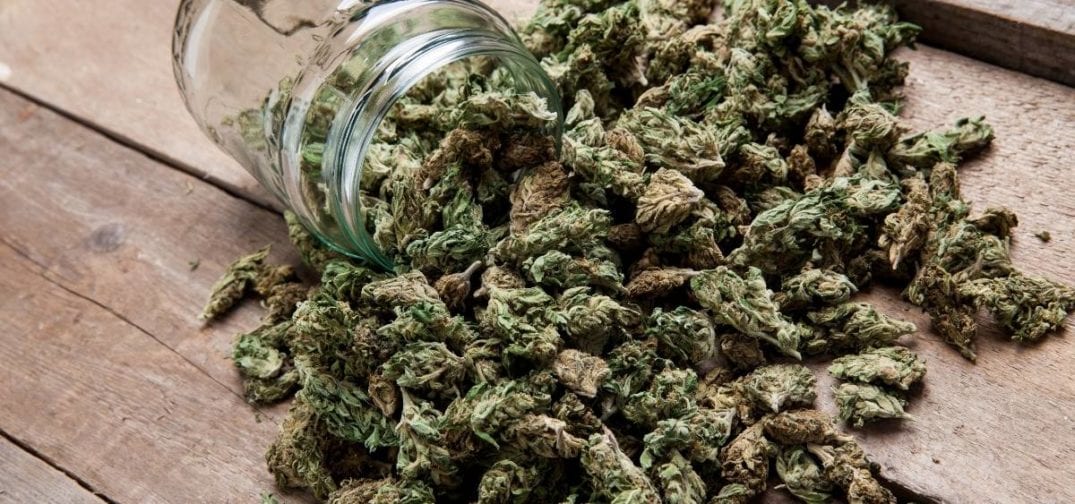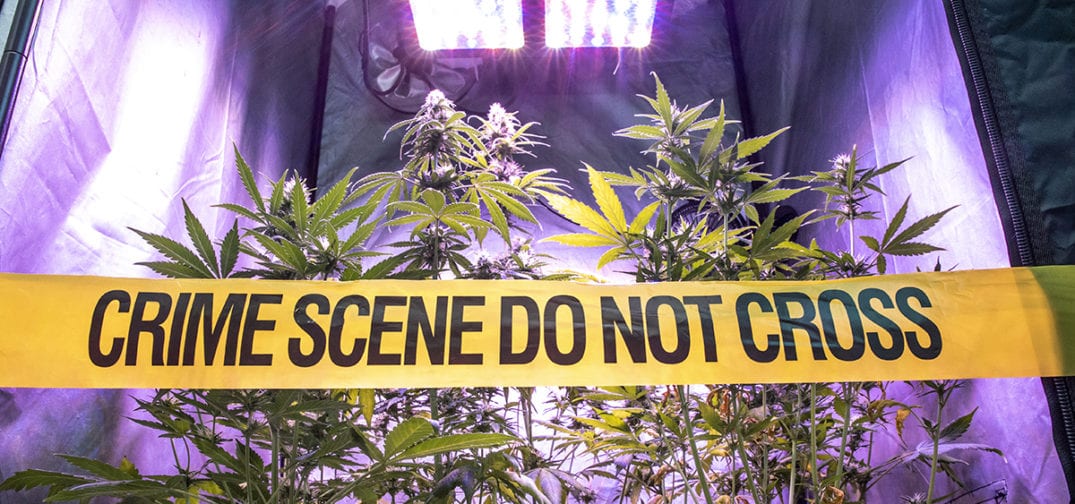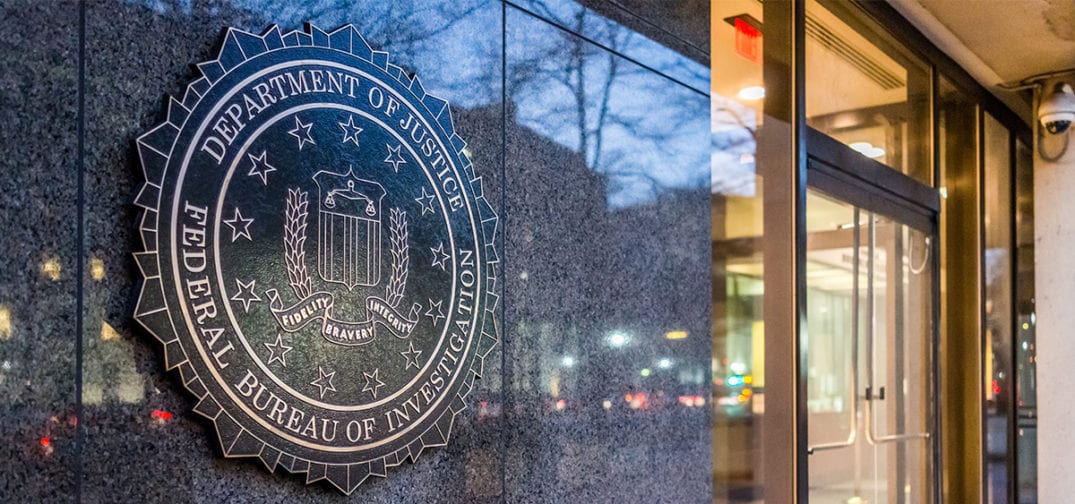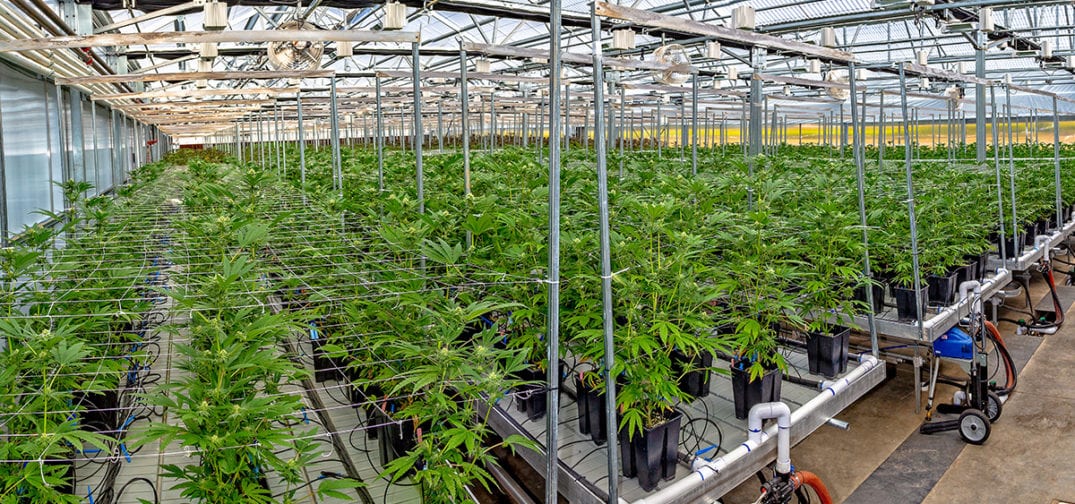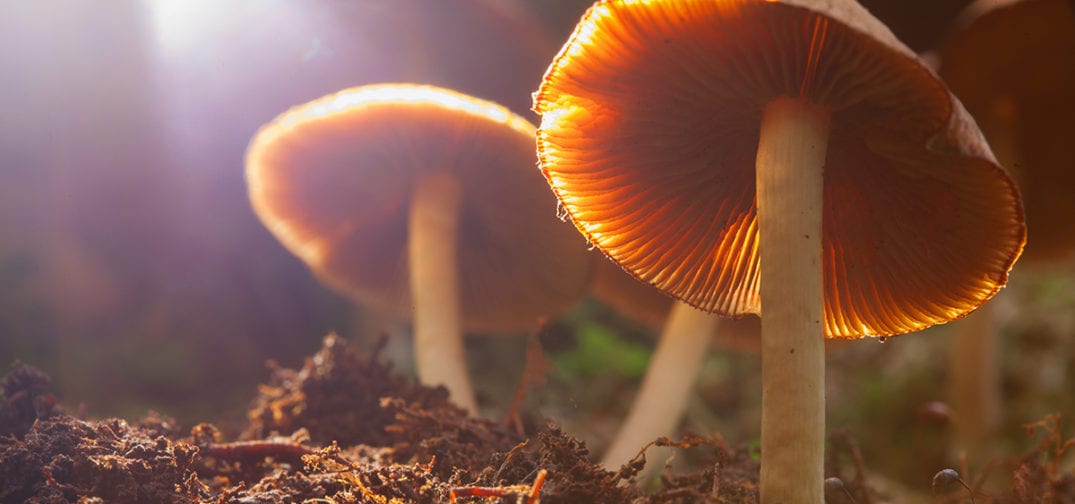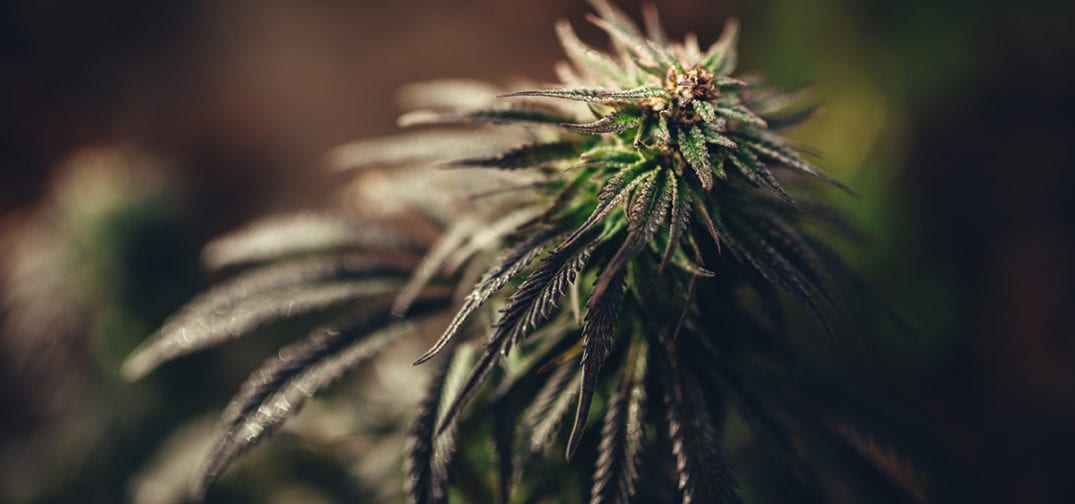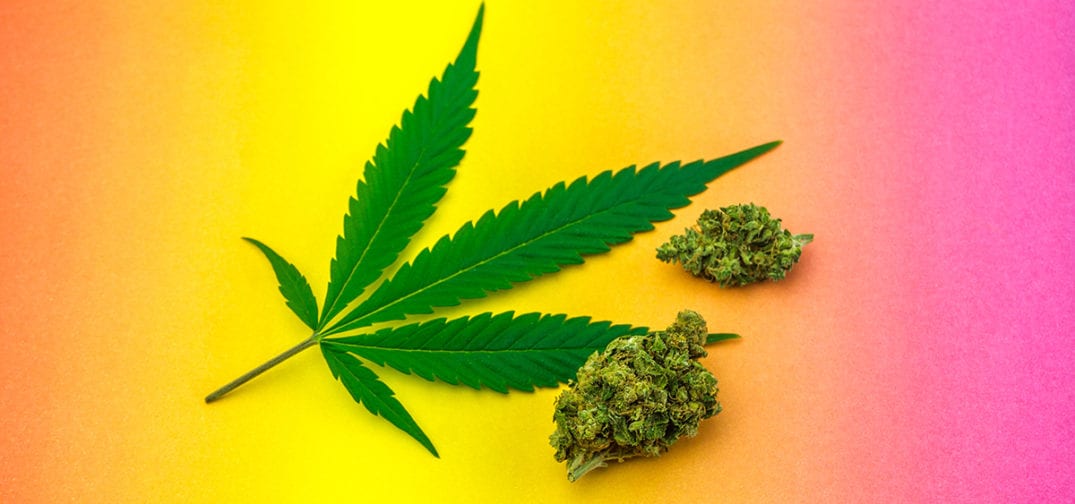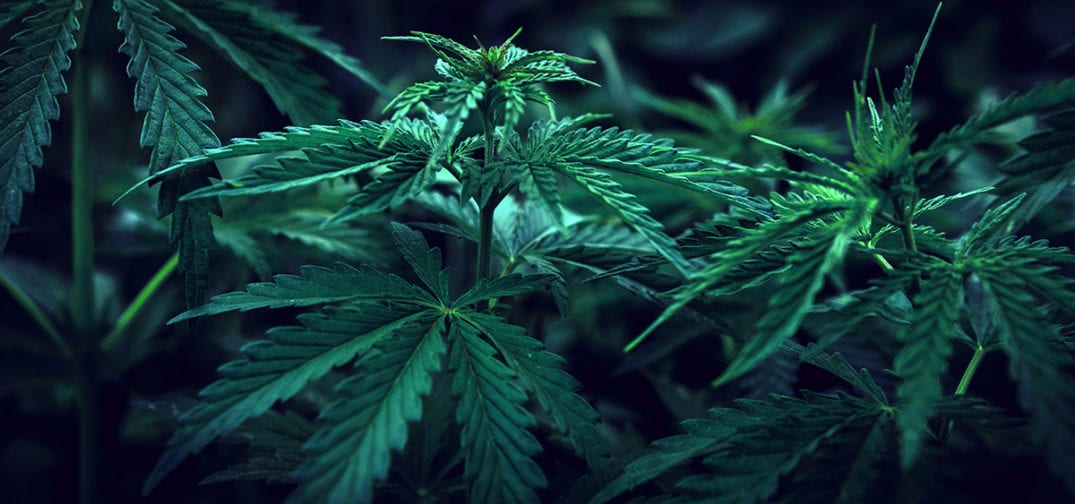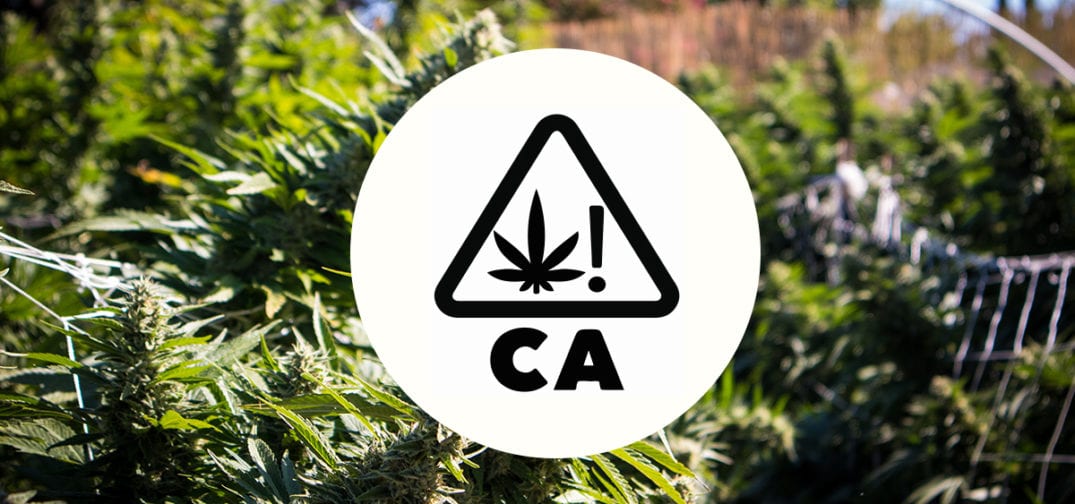This article was written by Gaspard Le Dem and originally published by Outlaw Report.
Every week, Norbert Pickett orders cannabis from each of D.C.’s eight cultivators to restock the shelves of his small medical dispensary, Cannabliss, located on the East side of the Anacostia River in Deanwood.
With the help of his wife and business partner, Collette Leonard, he selects various flower strains, oils, edibles, and other pot products, carefully calculating the amounts he’ll need for each item.
To keep costs down, Pickett tries to order cannabis flower—which makes up 90% of his sales—in bulk, by the pound or the half-pound. But he’s usually only able to get a few grams of the strains he wants.
Since opening his shop two years ago, Pickett says he regularly runs into issues with cultivators that won’t supply him the amounts he needs to meet a growing demand from patients.
“It’s been a struggle, we would order pounds of strains and we would get grams, sometimes nine grams, sometimes 14 grams,” Pickett said. “Sometimes we wouldn’t even get what we ordered at all.”
It’s an issue common to many of D.C.’s standalone dispensaries, shops that aren’t owned—whether fully, or in part—by a cultivation center. Though Pickett has a license to sell medical cannabis, he’s not authorized to grow, and depends on cultivation centers to stock up. But many of his suppliers are also direct competitors: a majority of D.C. cultivators are vertically integrated, meaning they grow cannabis and sell it, too.
That, he says, puts his shop at an unfair disadvantage. Pickett says vertically integrated cultivators restrict his supply, reserving most of their cannabis flower for affiliated dispensaries who get better prices and exclusive deals on in-demand strains.
“Obviously, when you’re vertically integrated in the District you’re able to supply your own dispensaries before you sell to the other ones that aren’t yours,” he said.
Cannabliss has seen steady growth since it opened in 2019, according to Pickett. The dispensary, run from the old Dave Brown Liquors building on Sheriff Road, employs 15 employees and two contractors. Last year, they became the first dispensary employees to unionize. Cannabliss was also the first medical dispensary to open in Ward 7, and has grown a loyal base of customers as a shop that prides itself on being 100% Black-owned and operated in a historically Black neighborhood.
Still, Pickett says recurring supply issues and product shortages have taken a toll on his bottom line. These days, he’s only able to purchase three to five pounds of cannabis flower each week. Ideally, he says he would buy twice as much. Popular strains go out of stock on a weekly basis, forcing disappointed customers to buy elsewhere.
“We can lose about five grand in one day just by not having a certain strain,” he said. “It’s hampered my business. I feel like I’m operating with both of my hands cuffed behind my back and one foot ankled.”
Central to the problem is that D.C. simply doesn’t have enough cannabis flower to go around. The District has only eight active cultivation centers for a medical cannabis program that counted more than 9,000 registered patients as of January. Moreover, the customer base for D.C. dispensaries hugely expanded last year thanks to a new law allowing out-of-state cardholders to purchase cannabis in the District.
But until recently, D.C. cultivators were limited by a cap on the number of plants they could grow. That plant cap was recently lifted through emergency legislation, but the new law is only temporary for now. If cannabis were legalized at the federal level, dispensaries could get around the local shortage by purchasing weed from out-of-state suppliers, but crossing state boundaries with pot is still illegal under federal law.
Jen Brunenkant, owner and CEO of Herbal Alternatives, a standalone dispensary in D.C.’s Ward 2, told The Outlaw Report customers complain about the lack of variety at her store almost every day.
“We constantly get patients that will say, well why haven’t you ordered this strain, or that strain?” she said. “We’ll be like ‘well they haven’t offered it to us.”
She recently placed an order for 300 grams of a flower strain called OGP from Center Care, a vertically integrated grower in Ward 5, but told The Outlaw Report she only received 24 grams. Center Care, one of D.C.’s largest cannabis companies, is owned by Columbia Care, a company that operates more than a dozen dispensaries across the country.
“The cultivators that have either an official or an unofficial vertical integration certainly don’t offer the same variety or quantity to the non-affiliated dispensary,” says Brunenkant.
Supply issues started hindering Herbal Alternative’s growth last year after D.C.’s Alcoholic Beverage Regulation Administration (ABRA), which runs the District’s medical cannabis program, granted two new dispensary licenses.
“That really started to affect the supply,” said Brunenkant, who opened her shop in 2015.
Like Pickett, Brunenkant buys from all eight D.C. cultivators, a messy and unpredictable process that she says is frustrating. Many cultivators release new products much like a sneaker drop—with little notice and a short time frame to place orders.
These days, her most dependable suppliers are the few D.C. cultivators who aren’t vertically integrated and are willing to evenly split their product between shops.
“If it wasn’t for the unaffiliated cultivators we’d be in real trouble,” Brunenkant said.
Brunenkant wants D.C. to take steps to regulate the market’s limited cannabis supply, whether through legislative action by the council or new ABRA rules: “I think [ABRA] can require existing cultivators to divide the product more equitably,” she said.
In a statement, ABRA spokesperson Jared Powell told The Outlaw Report that the agency is looking into unfair distribution practices on D.C.’s cannabis market: “Claims of cultivation centers restricting access to products to select dispensaries is [sic] under investigation by ABRA’s enforcement team,” he said. “[ABRA is] committed to ensuring that the District’s medical cannabis program can readily meet patient demand and expanding access.”
He noted that existing dispensaries in D.C. were eligible to apply for two new cultivation licenses that came online this spring and that the total number of growing permits was recently increased by ABRA from 10 to 14 on an emergency basis.
In February, D.C. Mayor Muriel Bowser addressed the question of inequitable supply in legislation introduced in the D.C. Council. The “Medical Cannabis Amendment Act of 2021” would prohibit cultivation centers from charging lower prices to dispensaries that they have an ownership interest in. The bill is still under review.
Linda Mercado Greene, owner of Anacostia Organics, a dispensary in Ward 8, told Outlaw Report that she would be open to laws that regulate supply. However, she said cultivators shouldn’t be forced to distribute their products evenly between dispensaries.
In Greene’s opinion, the District’s weed supply simply hasn’t had the time to catch up with rising demand yet. She said the recent lifting of ABRA’s cap on plants should help level out supply shortages once new plants start producing flower, a process that usually takes around nine months.
Greene, who chairs the DC Cannabis Trade Organization, said she’s aware that some shops get exclusive deals on in-demand products: “It’s very easy to go on someone’s product list and see what they have,” she said.
But she said that’s all fair game in the business world.
“If you are a private business, and you’re growing and you are vertically integrated, absolutely, you would give your own business the majority of the product,” said Greene. “You gotta take care of home first, right?”



